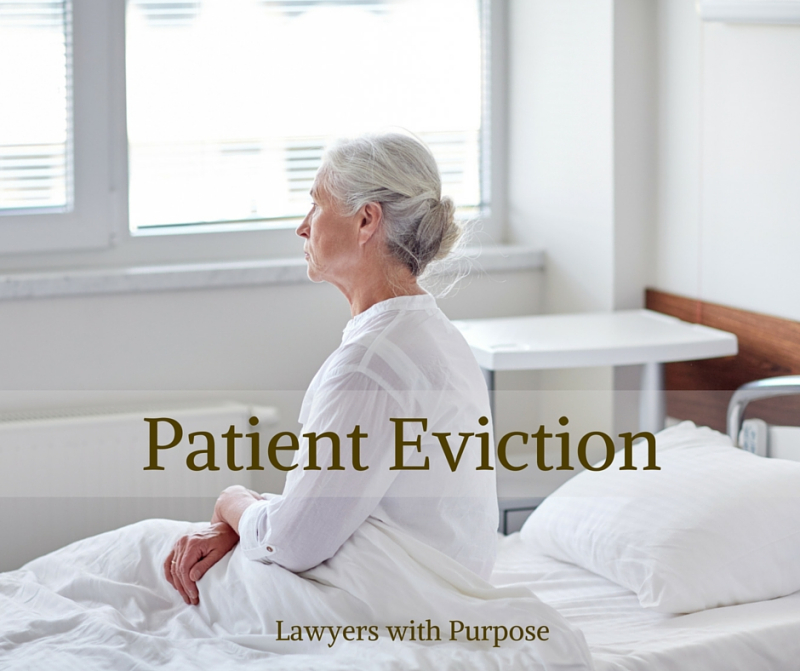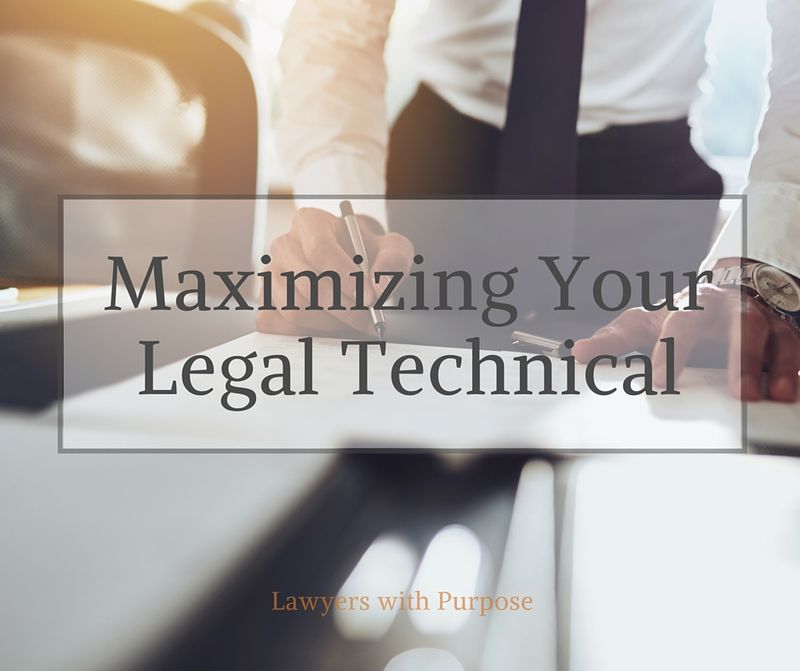There's a great buzzword out there in estate planning called planning for “blended families.” The term “blended families” represents individuals who are married but have previous marriages or relationships that resulted in children. One example would be a second marriage in which the husband and wife have children from a previous marriage, or one does and one doesn't. The question becomes, how do you plan for these individuals so they can provide for each other but still be confident that in the end, their children or beneficiaries will get what's legally entitled to them?
The challenge with blended family planning is that the spouses “trust each other” to carry out their wishes. The problem is, life doesn't often work out that way. After the death of one of the clients, the relationship between the surviving spouse and the deceased spouse's family tends to become more remote and diminished. As a result, over time the surviving spouse may forget or no longer wish to follow the planning as originally intended, or may no longer deem it relevant based on the new circumstances. More importantly, even if the surviving spouse did wish to follow the original plan, circumstances may occur that put the assets in danger. The surviving spouse might need a nursing home, or might face a lawsuit, or might remarry to another individual who could gain power of attorney and modify the planning after the incapacity of the original surviving spouse. There are so many complications in blended families, but there doesn't have to be.
 The Lawyers with Purpose Client-Centered Software (LWP-CCS) system is designed to plan for each client’s individual needs and goals, including blended families. The LWP-CCS has extensive provisions that allow designation of particular assets, allocated and separated at the death of the first spouse for the benefit of the surviving spouse under the terms and conditions that the clients agree to. This permits the surviving spouse to continue to benefit from the deceased spouse’s assets until the conditions are met for the next stage of the planning to occur. For example, in many of our trusts, clients elect to have a trust for the surviving spouse terminate upon the spouse's remarriage or another terminating event as identified by the couple. Although this seems complicated, it's actually easy when you ask your clients. They are pretty clear on what they want. They're just looking for some guidance on how to accomplish it.
The Lawyers with Purpose Client-Centered Software (LWP-CCS) system is designed to plan for each client’s individual needs and goals, including blended families. The LWP-CCS has extensive provisions that allow designation of particular assets, allocated and separated at the death of the first spouse for the benefit of the surviving spouse under the terms and conditions that the clients agree to. This permits the surviving spouse to continue to benefit from the deceased spouse’s assets until the conditions are met for the next stage of the planning to occur. For example, in many of our trusts, clients elect to have a trust for the surviving spouse terminate upon the spouse's remarriage or another terminating event as identified by the couple. Although this seems complicated, it's actually easy when you ask your clients. They are pretty clear on what they want. They're just looking for some guidance on how to accomplish it.
Perhaps the greatest final significance of using the LWP planning solutions for blended families is to protect the deceased grantors' assets from the surviving spouse’s unintended or unforeseen creditors and predators. This by far has had the greatest impact for my personal clients over the last 25 years of my planning for them. Unfortunately, too many lawyers today use the standard boilerplate trust, and most trust systems in the industry do not permit attorneys to do any extensive planning once prepared for blended families without expensive post-merge modifications.
That's why Lawyers with Purpose is different. Because we focus on purpose first, the software has been designed to always consider the client's needs, goals and wishes first, then the software puts in the appropriate legal language to accomplish those objectives. Although it sounds counterintuitive, it's actually easy, fun and valuable to the client. I actually have clients laughing as we design their plans; do you? If you want to learn more about how Lawyers with Purpose can help you plan for blended families in ways you never knew existed.. consider joining us for THE estate planning event not to be missed!
Member click to register here.
Non-members click to register here.
David J. Zumpano, Esq, CPA, Co-founder Lawyers With Purpose, Founder and Senior Partner of Estate Planning Law Center










